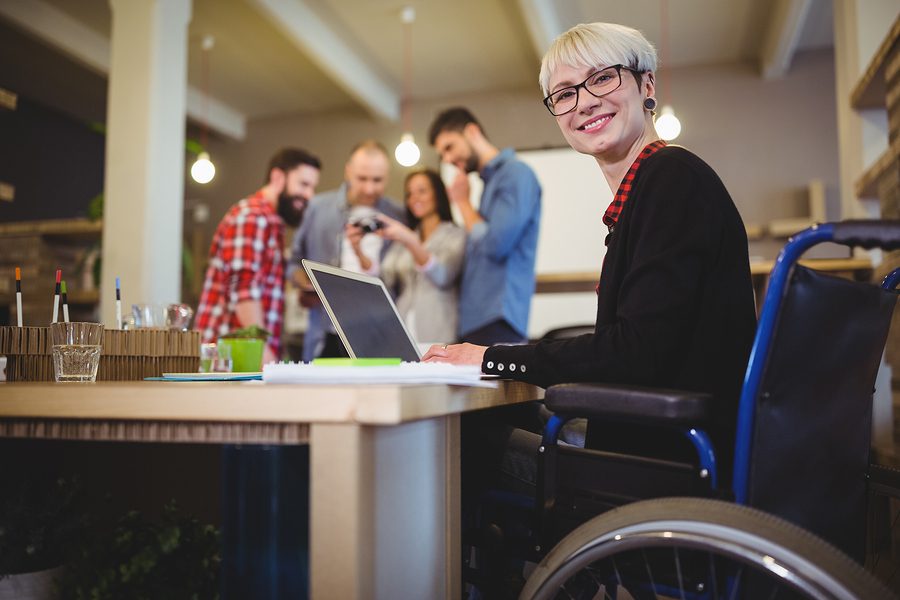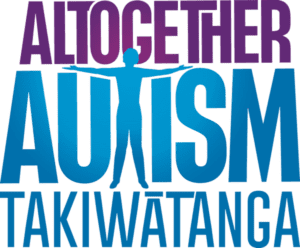
Self-advocacy means speaking out for yourself, expressing your own needs and representing your own interests. If you’re interested in developing your self-advocacy skills, then John McIntosh, a previous community liaison for Life Unlimited (now known as Your Way | Kia Roha) has some tips for getting started.
Everybody wants to be able to live their life the way that they choose. People with disabilities might need different kinds of help in order to do the things they want. This help is often referred to as support. Self-advocacy allows people with disabilities to get the type of support needed to live life to the fullest.
How do I start? Gather information
Finding individuals or organisations to provide the information you need to effectively self-advocate for the life you want may seem difficult or even scary. There is help available in most communities. Connecting with resources and building relationships in your community is a good start.
A couple of good places to find resources are Citizens Advice Bureau, your local district health board or the Health and Disability Commissioner. Most information can be found on the internet, but you should still expect to have to make a few phone calls to get the exact information that suits your unique needs.
You can also make a request for information from Your Way | Kia Roha. Your Way | Kia Roha offers a free and confidential personalised information service so you can be assured you’re getting the right information that’s just right for you.
Communicating your needs
When you self-advocate, it’s important that you communicate the things you need to live your life the way you want. You will have to think about how to:
- identify who you need to speak with and how you should speak with them,
- develop the confidence to speak up for yourself,
- clearly outline your concerns, issues or problems,
- clearly identify the solution or what you think you need.
No one knows you better than you
For many people with a disability, a lack of self-advocacy skills may limit confidence. But, it’s easier than you think. Start small and build your confidence gradually. That way you’ll get to constantly develop new skills and practise communication strategies so you can negotiate for the things you need. The key is to make yourself heard the best way you can because no one knows you better than you.
Self-advocacy allows you to achieve the things you want from life. Being a self-advocate means you will:
- improve your self-confidence and self-esteem,
- gain dignity and self-respect,
- have the strength to guard against exploitation and abuse,
- have power as an individual with rights.
As a person with a disability, this is a life-long journey that will enable you to have influence over the decisions that affect you and greater control over your life.
John McIntosh was involved with Your Way | Kia Roha since 2003. Prior to that he had a long career in the wider disability sector and the dairy and agricultural industries. He’s also a passionate musician. Read John’s story here.



 John McIntosh was involved with Your Way | Kia Roha since 2003. Prior to that he had a long career in the wider disability sector and the dairy and agricultural industries. He’s also a passionate musician.
John McIntosh was involved with Your Way | Kia Roha since 2003. Prior to that he had a long career in the wider disability sector and the dairy and agricultural industries. He’s also a passionate musician. 

